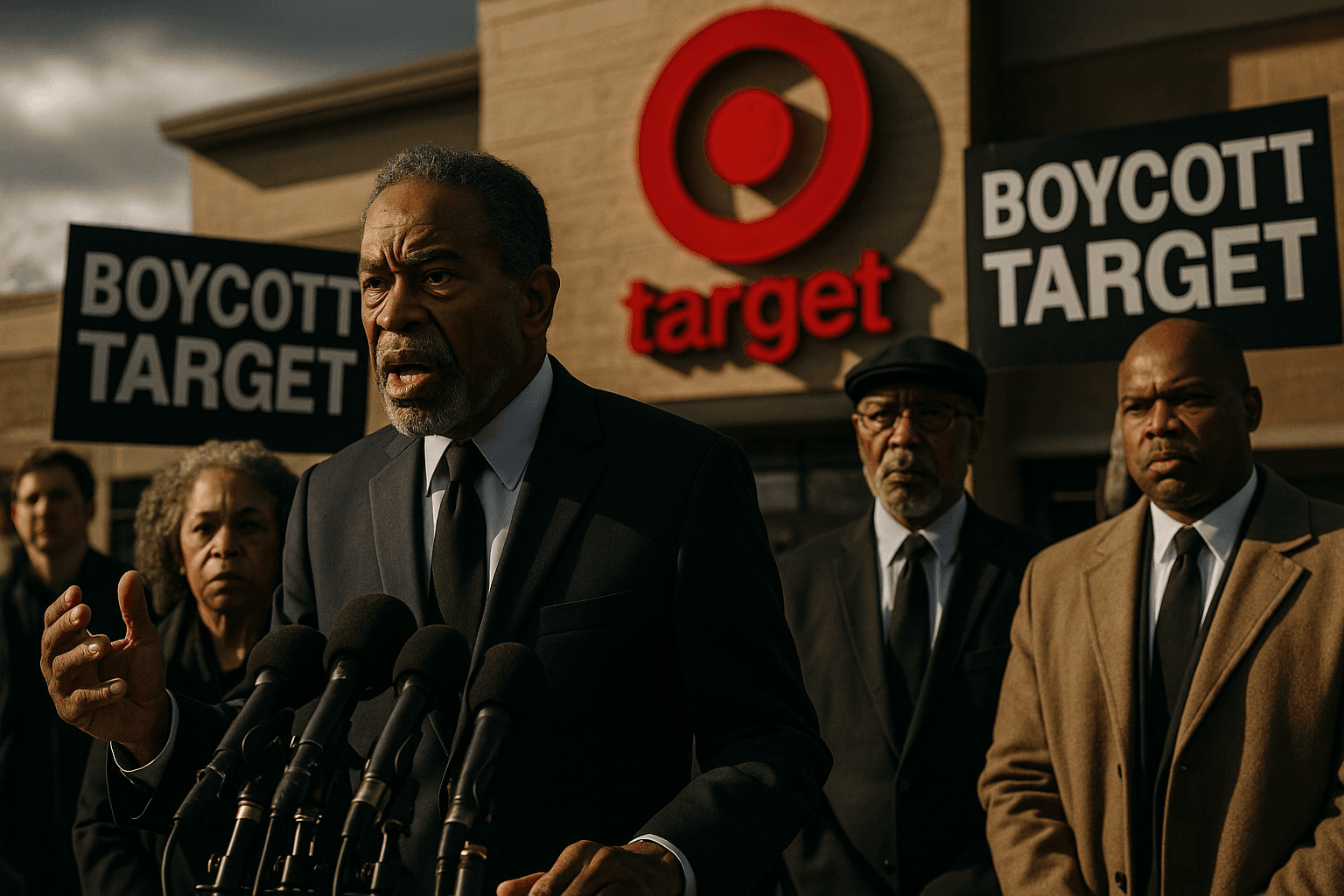Civil Rights Leaders Push to Sustain Target Boycott Over DEI Rollbacks
Civil rights leaders and grassroots organizers held a press conference near Target headquarters to announce a sustained boycott aimed at influencing the retailer during the 2025 holiday season. Organizers say the campaign matters because they believe Target’s rollback of some Diversity, Equity and Inclusion commitments has already changed consumer behavior and could affect holiday sales, store traffic and corporate decisions.

Civil rights leaders and grassroots organizers intensified a national boycott of Target at a press conference on November 20 at the company headquarters at 1000 Nicollet Mall in Minneapolis. The boycott, launched in February 2025 after Target announced rollbacks to some of its Diversity, Equity and Inclusion commitments, is being promoted as a sustained campaign through the 2025 holiday shopping season.
Organizers, including boycott co founders Nekima Levy Armstrong, Monique Cullars Doty and Jaylani Hussein, told reporters they view the holidays as a critical moment for pressuring Target to restore programs and commitments to impacted communities. They framed the initiative as "dollar diplomacy" and called on shoppers to reallocate holiday spending to retailers they say better support those communities. Organizers also said the company “abandoned the values and communities it once championed.”
The Atlanta Tribune reported organizers have pointed to what they called a "notable decline in sales, store traffic, and stock value" as evidence the boycott has changed consumer behavior and is influencing Target’s financial picture. They argued sustained pressure over the holiday period could be decisive for the retailer, and said their demands include restoring the DEI commitments that prompted the boycott originally.

The campaign has implications for workers inside Target stores and at corporate offices. If organized consumer pressure reduces holiday foot traffic and sales, store staffing levels, scheduling and hours could come under strain in some markets. The boycott also compounds an already high stake moment for Target management as it balances investor concerns and public reputation. Organizers portrayed the movement as a lever to push the company back toward prior commitments, while investors and corporate managers watch holiday performance closely.
Target has faced public scrutiny since the February changes to its DEI approach, and the organizers signaled they will maintain visible pressure during the busiest shopping weeks of the year. The group hopes that coordinated consumer choices over the holidays will produce a measurable impact that leads Target to reinstate programs and policies targeted by the boycott.


